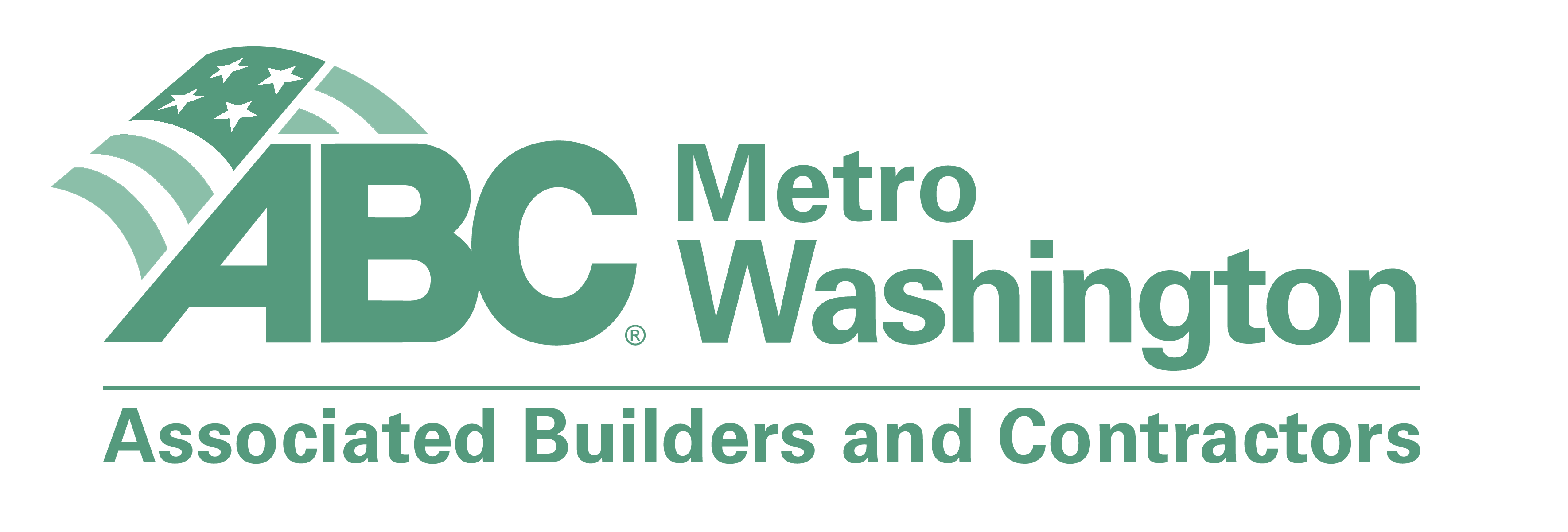Making Organic Lawn Care Work for Your Commercial Property
A lot more goes into caring for the landscape than just making the plants and lawns look nice. It’s also a matter of building, cultivating and nurturing a healthy landscape as a whole. As a landscape professional, we have a responsibility to be environmentally conscious in our means and practices. At the top of the list for us is to stay informed about the trends and products that that are best for the environment by being the most energy efficient, or the least toxic and harmful surrounding plants along with animals and people who may use the green space. Many commercial properties have large lawn areas which normally put great stress on the environment due to their excessive watering and nutrient needs. So developing programs that rely less on irrigation, or chemicals to stimulate growth or ward off pests have become a hot topic for commercial real estate owners and managers.
What is Organic Lawn Care?
Organic lawn care is the process of establishing and maintaining a lawn without the use of supplemental chemicals. The perception is that an organic lawn care program requires specialized products or equipment and a significantly higher budget. The truth is that organic programs not only use natural readily available sources of nutrients to feed the lawns or control weeds, but they also incorporate proper maintenance practices to encourage healthy growth and development of the ecosystem.
Components of a Good Organic Lawn Care Program
- Regular Soil Testing – soil tests tell you what is going on below the surface. Your soil may be void of nutrients or you may have fertile soil but the nutrients aren’t available. When proper adjustments are made to soil pH using lime or sulfur (both organic), nutrients already present in the soil become more readily usable and improve turf health. Testing every two years would be recommended when using an organic lawn care program.
- Proper Mowing Height – lawns should be maintained at 3-3.5″ height during the growing season. Turf that is allowed to grow longer has a greater amount of foliage available to absorb sunlight. Sunlight = food through the photosynthesis process and food = strong roots for water and nutrient absorption. Longer turf blades also shade out weed seeds which help to slow down or eliminate germination.
- Don’t Bag It – bagging clippings is the equivalent of carting of hundreds of pounds of nutrients each season. Instead, use mulching attachments or mulching mowers. These mowers have blades specially designed to take the clippings and cutting them into fine pieces that fall back to the soil surface. These small pieces biodegrade naturally and return vital Nitrogen, Phosphorus, and Potassium to the soil for re-absorption by the turf roots.
- Organic Fertilizers – one of the most important nutrients for plant growth is Nitrogen. Organic nitrogen can be animal, plant, or manure based. Think leaf compost or milorganite.
- Aeration and Seeding – creating competition for aggressive weeds is key for an organic program to be successful. That means maintaining turf density year after year. The best way to ensure that lawns stay full is to incorporate aeration and seeding into the annual lawn program so that thinning areas are constantly being filled in.
Pros & Cons of an Organic Lawn Care Program
Organic lawn care programs have pros and cons. As a commercial property owner or manager, these must be considered since they can impact how your property looks to potential customers. Reducing the use of chemicals make properties safer for families and pets, but weeds may be something that you have to learn to accept since organic weed killers are not very effective. Even if you stay with a more traditional lawn are program, it is still important to incorporate proper maintenance practices to ensure that program is working as well as possible.
Pros:
Reduces exposure to harsh chemicals
Organics slowly feed the turf
Reduces groundwater pollution
Cons:
Can be more expensive than traditional methods
Typically takes longer to see results
There is no proven weed killer – weeds may continue to appear
Considering an organic lawn care option for your commercial property? Call Complete and one of our Turf Care Professionals will provide you a free site evaluation.






